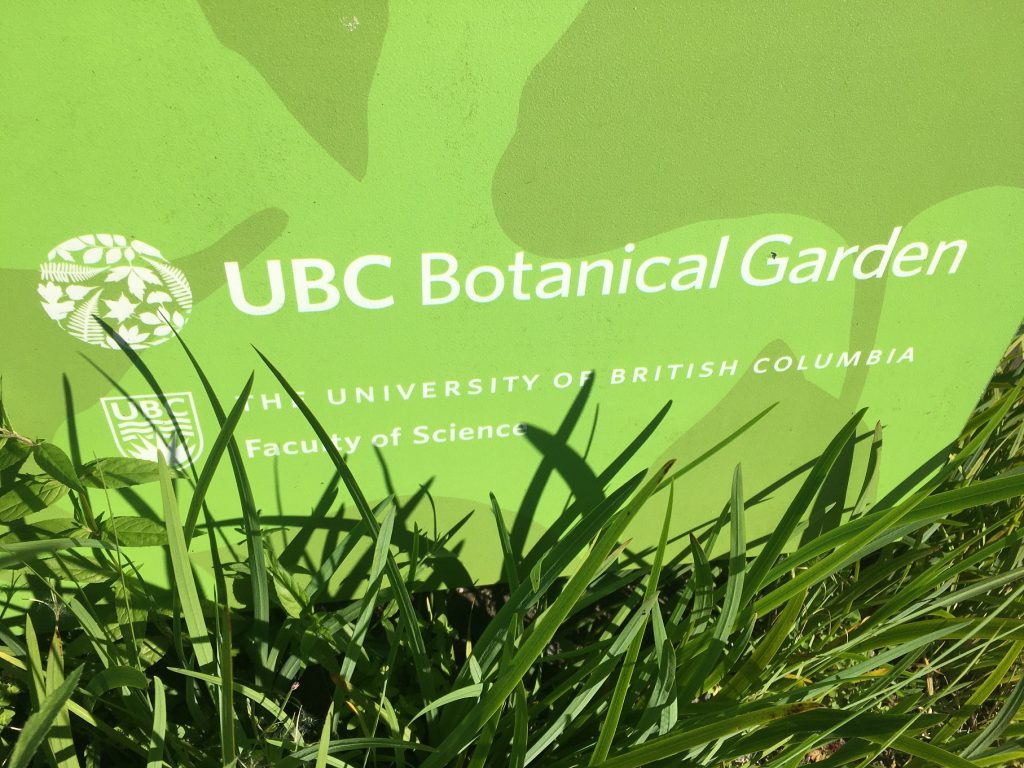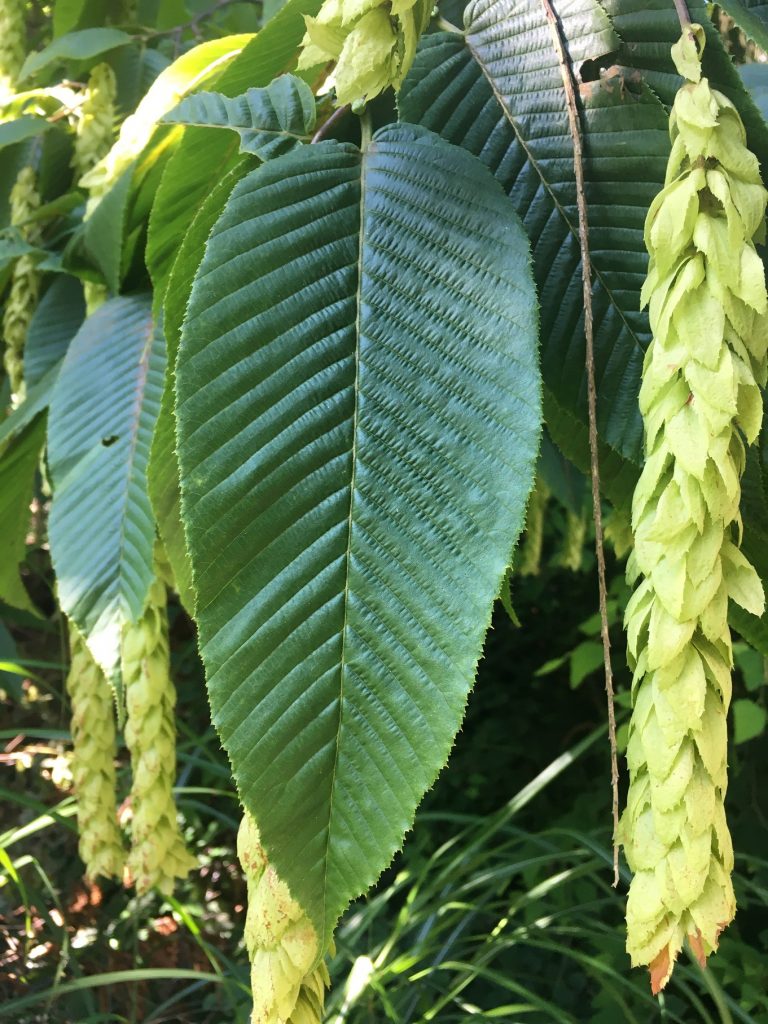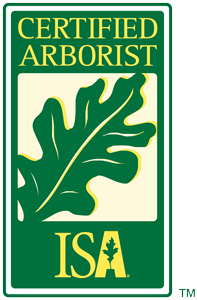
Lots to love
I really enjoyed the two native plant seminars I attended last summer at the University of British Columbia (UBC) botanical garden. Sadly, I missed the first one because I had side-hustle clients to keep happy.
Everything came together nicely for me. First, I stumbled upon the seminar ads online purely by chance and at $40 per session it was a steal. I signed up online right away. Keep reading if you want to know why. Second, my wife and kids were away visiting the in-laws in Western Japan. This meant that I could drive over to UBC after work without having to make special soccer and sleepover arrangements; or think about chores.
The setting
As a landscape pro I love most gardens, especially botanical gardens. If you’ve never been to UBC’s botanical garden, correct your oversight in 2023. When our native plant walk started, the gardens were officially closed to the public. Yeah! It was all for us to enjoy.
With the garden closing to the public, I didn’t pay the parking fee. I’m not great at math but I knew that closed gates would make it hard for by-law to show up. Twice I didn’t pay and it worked out fine; but I did get long looks from the other well-heeled attendees. Your choice.
It was sunny and warm on both days and the plants looked awesome.
The teacher
Allison Luke, the instructor, is extremely likeable. When she first walked over to meet me, smiling, I had assumed she was one of the attendees. I was wrong.
Whoever hired Allison to run the horticulture program at UBC is an HR professional. She knows her plants and obviously enjoys talking about them. Incidentally, she replaced my mentor Egan Davis, who moved on to work for the City of Surrey. Egan was also the guy who taught my one day Red Seal challenge preparation course. Without him I wouldn’t be the high-priced Red Seal journeyman I am today and I will be forever grateful to him.
I was impressed with the seminar logistics, too. Like washrooms being open, insect repellant patches and sunscreen ready for the attendees to use. We were also promised a full plant list at the end of the seminar series and it did arrive in my inbox. I don’t recall receiving any junk mail so don’t be afraid to leave your email address in future seminars.
A nice touch
Some time into my first walk (seminar number 2) we sat down under a massive Western Red Cedar (Thuja plicata) and proceeded to read passages from the excellent bestseller “Braiding sweetgrass” by Robin Wall Kimmerer. I thought this was a nice, unexpected touch. Then, out of nowhere, one of the male attendees ruined the vibe by informing the group that any contact with Western Red Cedars can leave his skin looking worse than a leper’s. Why he picked this moment to disclose his medical history I will never understand.
The plants
The plants at the UBC botanical garden are beautiful. I won’t reveal too much here but I will give you a hint in a future blog. Come see for yourself. And if UBC offers these summer seminars again in 2023, jump right in. I really enjoyed the sessions and I’m sure you will, too. Bring a notebook and make sure your iPhone is charged.
Speaking of plants, eat before you come over to UBC. I never sample wild plants because I’ve read “Into the wild“, the story of Christopher McCandless. Christopher gave away his money and possessions and walked alone into Alaska’s wilderness. Eventually he camped out in an old school bus and he died in it after eating the wrong wild plants. Thus my own reluctance to sample wild plants.
Of course, at UBC I watched Allison and the other attendees sample the wild plants first, before joining them. Facing your fears can be fun.
My favorite tree at UBC
Barely a minute into your botanical garden walk, there is a spectacular tree tucked away on the left, slightly off the main walk. It’s called the monkey tail hornbeam (Carpinus fangiana). Our streets are populated by the smaller Carpinus betulus, which nicely hint at its birch family, Betulaceae. The leaves look like birch leaves.
The long catkins or flower clusters give the Fang hornbeam its monkey tail name. If you look carefully, both tree species have seeds partially covered by bracts which form what botanists call involucres.

Conclusion
I really enjoyed UBC’s summer native plant seminars in 2022. If you get a chance to attend one in 2023, do it. I will. Even if it’s a bit of a drive after work and I arrive hungry, desperate to try any wild plants on offer.
It’s good value at $40 per session, the instructor is extremely knowledgeable and so are many of the attendees. Just bring your notebook and be ready to learn. But, please, keep your health problems to yourself.




